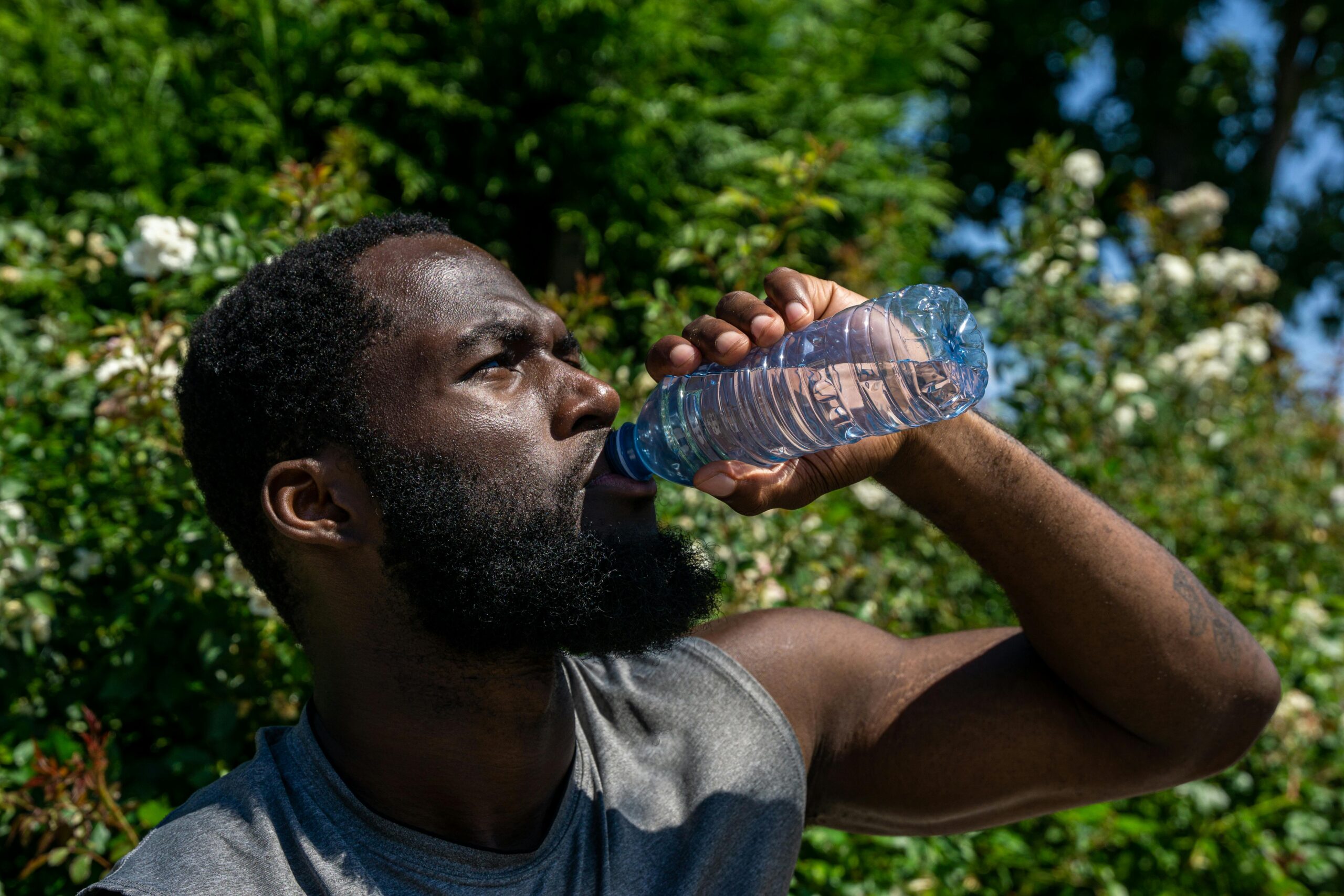Dehydration happens when the body loses too much fluid and salt. It can cause thirst, dry mouth, low urine output, dizziness, and in severe cases, cold clammy skin and confusion. Treatment depends on how severe the dehydration is and usually involves drinking oral rehydration solution or receiving intravenous fluids if severe.
Understanding Dehydration
Dehydration occurs when the body loses more fluids than it takes in. This can happen due to vomiting, diarrhoea, fever, excessive sweating, or not drinking enough fluids. Older children and adults may feel very thirsty and tired when dehydrated. The body’s ability to function is affected, and urgent treatment may be needed if dehydration becomes severe.
You can ask your own question to a licensed healthcare provider here for free. It may take up to 7 days to get an answer. If you want a consultation in minutes, book now with Hope+ our premium and best health consultation service in Uganda.
Signs to Look For
The signs of dehydration vary depending on how severe it is. At least two of these signs are needed to diagnose dehydration:
| Clinical Feature | Mild Dehydration | Moderate Dehydration | Severe Dehydration |
|---|---|---|---|
| General Appearance | Thirsty and alert | Thirsty and alert | Generally conscious but anxious; skin feels clammy and cold, may have blue lips or fingers; muscles may cramp; dizziness when standing |
| Pulse | Normal | Rapid | Rapid, weak or sometimes absent |
| Breathing | Normal | Deep and may be fast | Deep and very rapid |
| Blood Pressure | Normal | Normal | Low or sometimes too low to measure |
| Skin Pinch | Returns quickly | Returns slowly | Returns very slowly (more than 2 seconds) |
| Eyes | Normal | Sunken | Very sunken |
| Tears | Present | Absent | Absent |
| Mouth and Tongue | Moist | Dry | Very dry |
| Urine Output | Normal | Reduced, urine is dark | No urine, bladder feels empty |
How Dehydration is Treated
Treatment depends on the severity of dehydration.
Mild dehydration:
The person can usually drink fluids. They should be given oral rehydration solution (ORS) at 25 millilitres per kilogram of body weight over the first 4 hours. ORS helps replace the lost salts and fluids. Drinking should continue or increase until the person feels better.
Moderate dehydration:
A higher amount of ORS is needed, about 50 millilitres per kilogram in the first 4 hours. The patient must be closely watched to ensure they can keep fluids down and improve.
Severe dehydration:
This requires urgent treatment in a health facility. Fluids are given through a drip (intravenous) using Ringer’s lactate or normal saline at 50 millilitres per kilogram in the first 4 hours. Fluids are given quickly at first until the pulse becomes strong enough to feel at the wrist. Then the rate of fluid is slowed and the patient is regularly checked. After the first 4 hours, the treatment is adjusted depending on clinical signs, not just on how much fluid has been given.
Fluid Volumes for Adults Over 24 Hours
| Time Period | Volume of IV Fluids Given |
|---|---|
| First hour | 1 litre |
| Next 3 hours | 2 litres |
| Next 20 hours | 3 litres |
After Rehydration
Once the signs of dehydration have gone, fluid maintenance starts. This means giving fluids to keep the body hydrated. The patient should alternate drinking ORS and clean water. This prevents having too much salt in the blood (hypernatraemia). Fluid should be given as much as the patient wants and continued for as long as the cause of dehydration is still there.
Important Notes for Patients
- The amounts of fluids listed are a guide. Sometimes more fluid may be needed if the patient is very sick.
- Alongside ORS, safe fluids like soup, fruit juice, and clean water can also help.
- Adults can usually drink up to 750 millilitres of ORS per hour at first.
- If Ringer’s lactate is not available, other solutions like half-strength Darrow’s solution with glucose or normal saline can be used, but they may be less effective.
- Eating food is important while treating dehydration and should not be stopped.
- Avoid giving artificially sweetened drinks as they do not help with dehydration.
How to Prevent Dehydration
- If vomiting or diarrhoea starts, begin using ORS at home right away.
- Drink clean, safe water frequently.
- Keep eating and drinking small amounts regularly.
- Seek medical help if symptoms become severe or do not improve.


